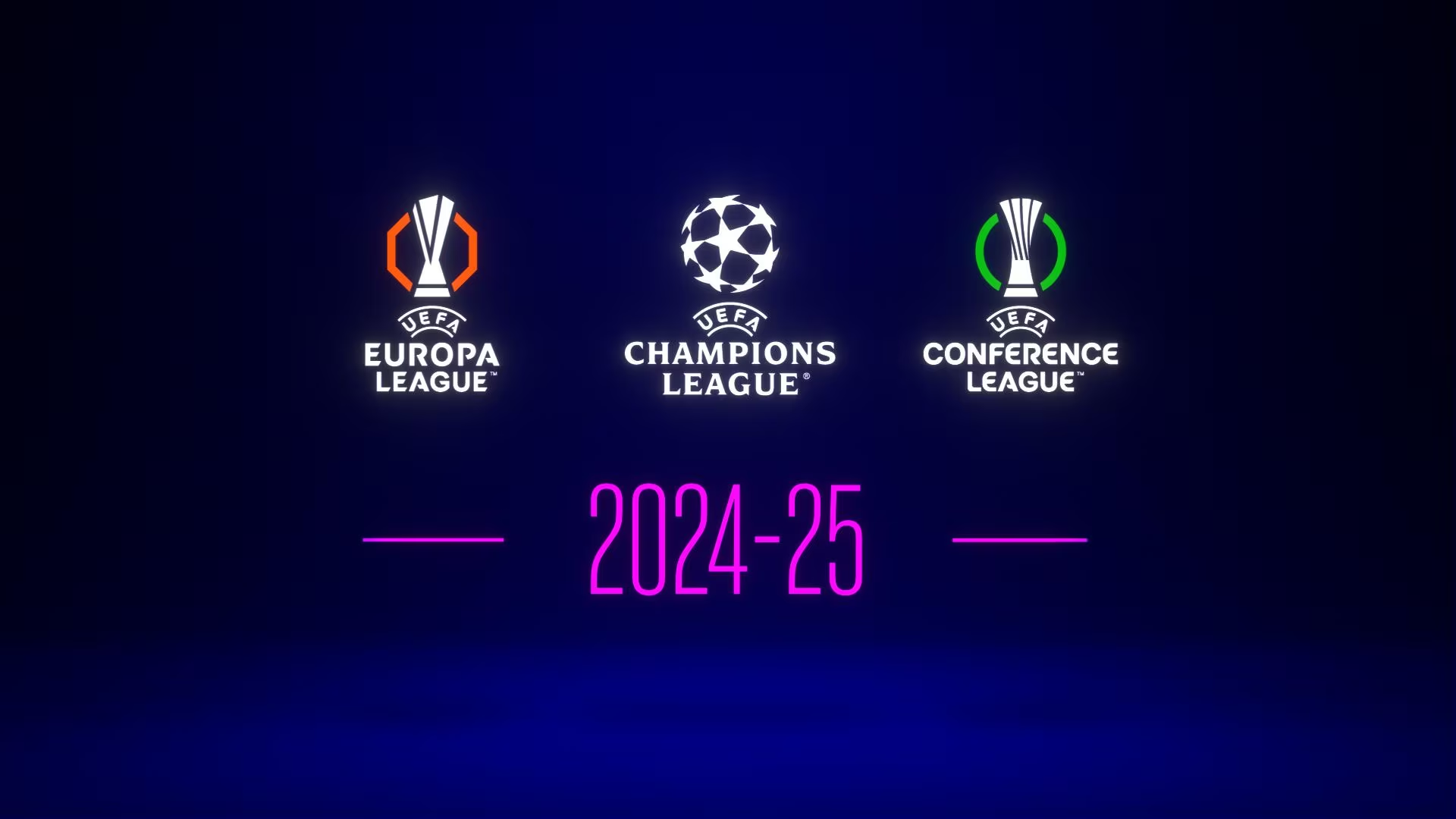The UEFA Champions League, the pinnacle of European club football, is set to undergo its most significant transformation in decades starting with the 2024-25 season. As UEFA introduces a new format to enhance competition and increase excitement, football fans and clubs alike are eager to see how this new era of the Champions League will unfold. This blog post will dive into the details of the new format and explore what it means for the competition.
1. The Swiss Model: A Revolutionary Approach
The most notable change to the UEFA Champions League is the adoption of the “Swiss model,” replacing the traditional group stage format. Here’s what this means:
- One Big League Table: Instead of being divided into groups of four, all 36 teams will now compete in a single league table. Each team will play 8 matches against different opponents, with a mix of home and away games. This setup mirrors the Swiss system used in chess and other sports, where teams are paired against opponents with similar rankings.
- More Matches, More Excitement: Each team will play 8 matches in the league stage, as opposed to the 6 matches they played in the old group stage format. This increase in the number of games means more opportunities for teams to prove themselves and more high-stakes matches for fans to enjoy.
- Varied Opponents: The Swiss model ensures that teams face a variety of opponents, which increases the unpredictability of the tournament. This system is designed to avoid repetitive matchups and provide a more diverse and competitive experience.
2. Qualification for the Knockout Stage: New Pathways to Glory
The pathway to the knockout stage has also been revamped to accommodate the new format:
- Top 8 Qualify Directly: The top 8 teams in the league table at the end of the league stage will automatically qualify for the Round of 16. This rewards consistent performance throughout the league stage and ensures that the best teams advance.
- Playoff Round for 9th to 24th: Teams that finish between 9th and 24th place will enter a playoff round. These teams will compete in two-legged ties, with the winners joining the top 8 in the Round of 16. This playoff round adds an extra layer of drama and gives more teams a shot at reaching the knockout stage.
- Knockout Rounds Remain: Once the Round of 16 is set, the competition will proceed with the traditional two-legged knockout rounds, culminating in the final, which remains a single match to determine the European champion.
3. Expanded Field: 36 Teams Compete
The 2024-25 season will see the number of participating teams increase from 32 to 36. This expansion allows more clubs from across Europe to experience the thrill of Champions League football:
- Increased Diversity: The expansion will likely bring in clubs from smaller leagues and nations, increasing the diversity of the competition. This gives more teams the chance to compete against Europe’s elite and gain valuable experience on the biggest stage.
- More Opportunities: The additional spots also mean more opportunities for clubs that might not have qualified under the previous format. This could lead to exciting new matchups and the rise of new footballing powerhouses.
4. Financial Implications: A Boost for Clubs and UEFA
The new format is expected to have significant financial benefits for both clubs and UEFA:
- Increased Revenue: More matches mean more revenue from broadcasting rights, sponsorship deals, and ticket sales. This increased income will be shared among participating clubs, potentially narrowing the financial gap between Europe’s elite clubs and those from smaller leagues.
- Economic Impact: The expanded format is designed to enhance the financial stability of participating clubs, particularly those from smaller markets. The guaranteed 8 matches in the league stage provide clubs with more exposure and potential earnings.
5. Impact on Domestic Leagues: Balancing Act Required
The changes to the Champions League format will inevitably impact domestic leagues and competitions across Europe:
- Fixture Congestion: The increase in Champions League matches may lead to fixture congestion, especially for teams that advance deep into the tournament. Domestic leagues may need to adjust their schedules to accommodate the extra games, which could involve fewer domestic fixtures or more midweek matches.
- Squad Rotation: Clubs will need to manage their squads carefully to compete on multiple fronts. The increased number of Champions League matches will require deeper squads and more rotation, which could influence domestic league performances.
6. Fan Reactions: Mixed Feelings About the Changes
The new format has sparked a range of reactions from fans, players, and football experts:
- Excitement for More Football: Many fans are excited about the prospect of more Champions League matches and the increased competition. The Swiss model is seen as a way to make the group stage more engaging and less predictable.
- Concerns About Tradition: Some traditionalists are wary of the changes, particularly the move away from the classic group stage format. There are concerns that the increased number of games could lead to player fatigue and diminish the quality of football.
- Anticipation of the Unknown: The new format introduces an element of unpredictability, as it’s unclear how teams will adapt to the Swiss model and the new qualification process. This uncertainty adds to the intrigue of the 2024-25 season.
7. The Future of European Football: A New Chapter Begins
The introduction of the new format for the 2024-25 UEFA Champions League marks the start of a new chapter in European football. Here’s what the future might hold:
- Potential for Further Expansion: If the new format proves successful, UEFA may consider further expanding the competition or making additional changes to other European tournaments, such as the Europa League and Conference League.
- Focus on Competitive Balance: The new format is designed to enhance competitive balance and provide more opportunities for clubs across Europe. This could lead to a more level playing field and more surprises in the competition.
- Legacy of Change: The 2024-25 season will be remembered as a turning point in the history of the Champions League. As the tournament evolves, it will be fascinating to see how these changes impact the landscape of European football in the years to come.
Conclusion: A New Dawn for the Champions League
The 2024-25 UEFA Champions League promises to be one of the most exciting and unpredictable seasons in the competition’s history. With a new format designed to increase competition, provide more opportunities for clubs, and deliver more thrilling matches, this season is set to be a landmark moment in European football. As the world’s best teams prepare to battle it out for the ultimate prize, fans can look forward to a new era of Champions League football that will keep them on the edge of their seats.



